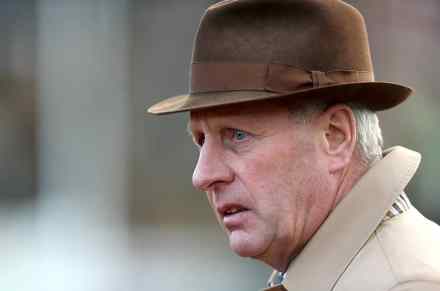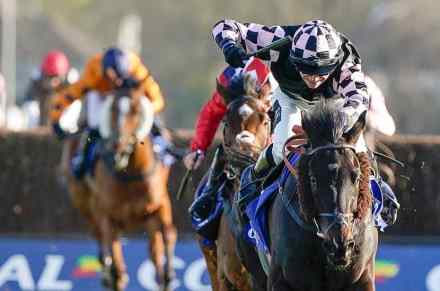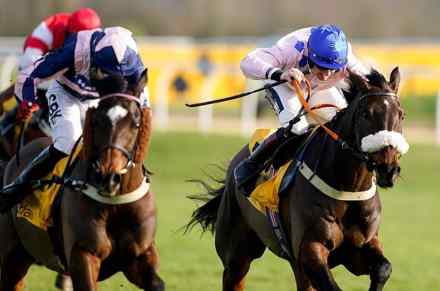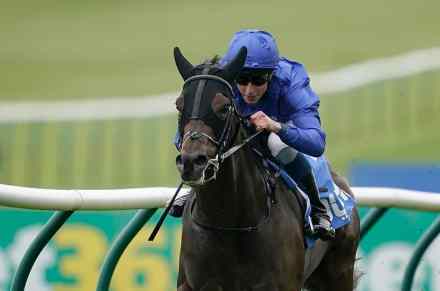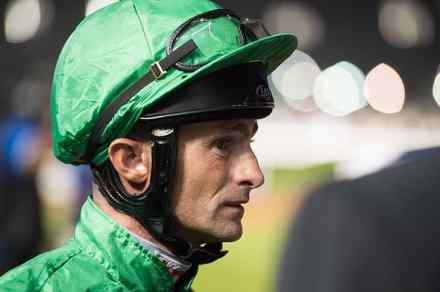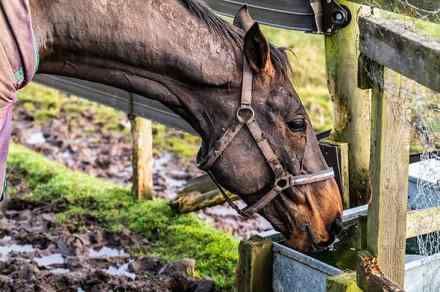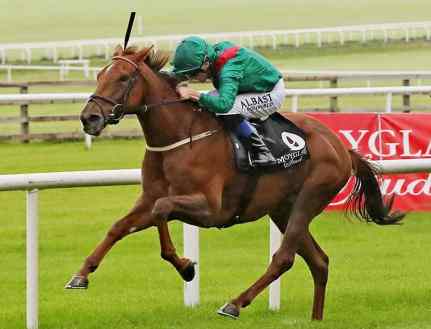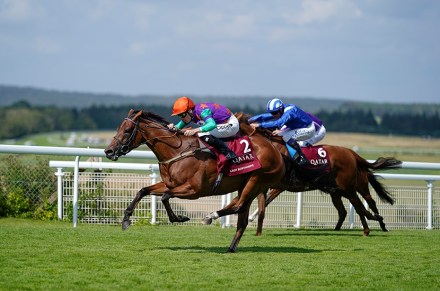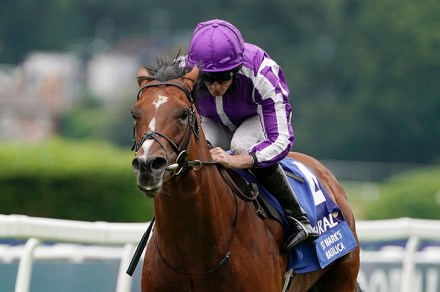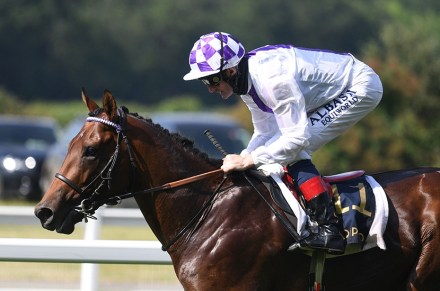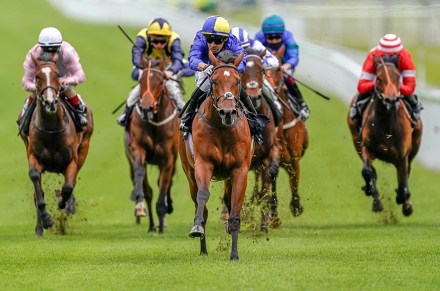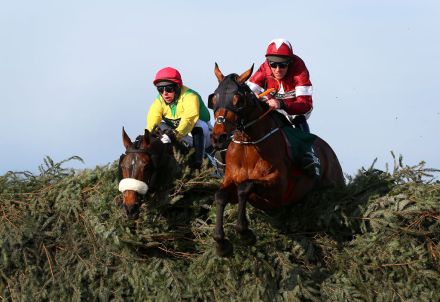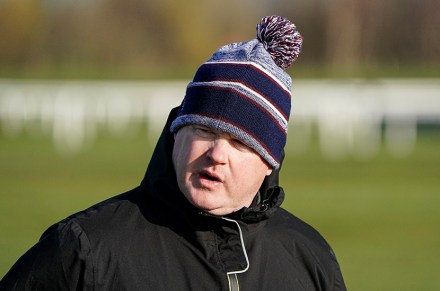The British shone at Cheltenham
For Barbara and Alick Richmond, Living Legend’s game 12-1 victory in Kempton’s 1m 2f Magnolia Stakes last Saturday was their first in a Listed race and it showed. Living Legend had been driven to the front two furlongs out and held on bravely to prevail by a nose. ‘Come here you,’ said Barbara to the treasured Joe Fanning, the veteran jockey who had judged his finish perfectly, and enveloped him in a huge affectionate hug. You felt that if she could she would have picked him up, tucked him under an arm and carted him home to sit on the mantelpiece as a trophy. Of Living Legend, a lightly raced



